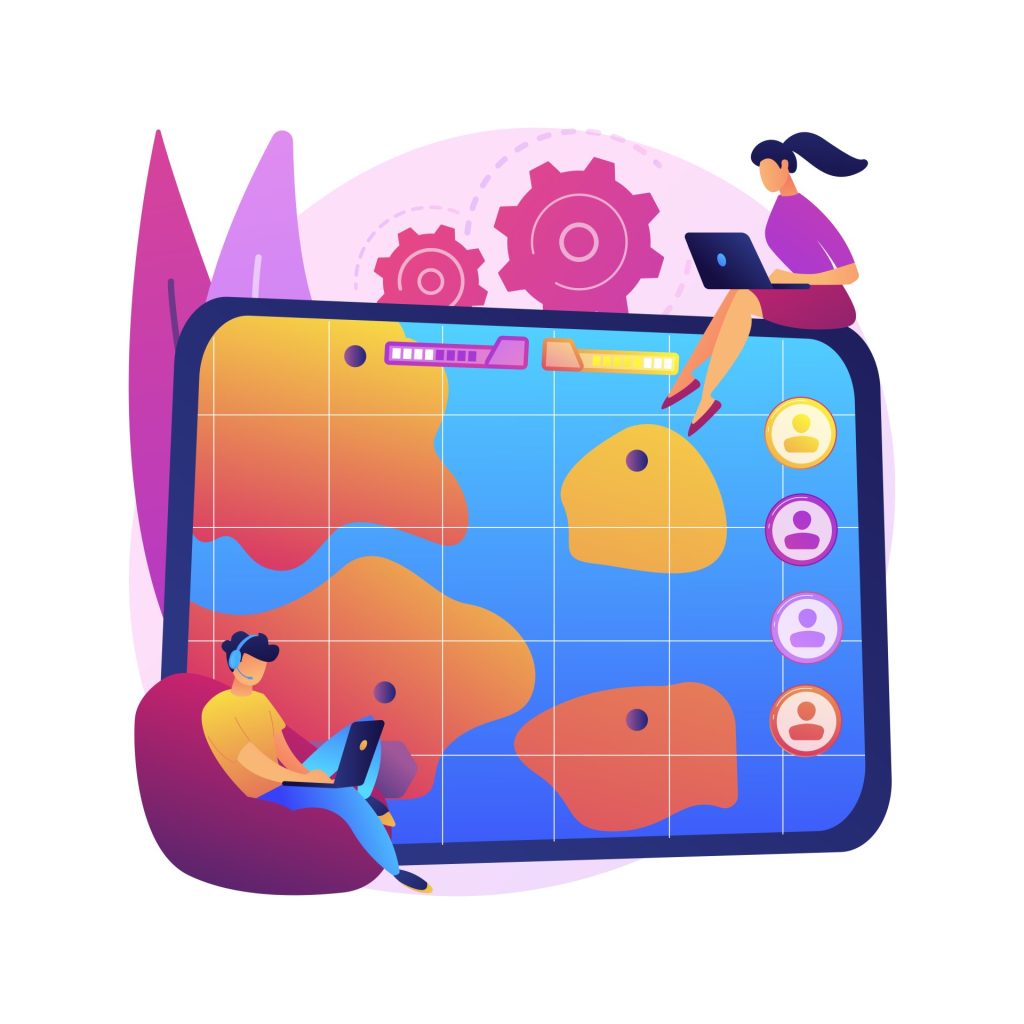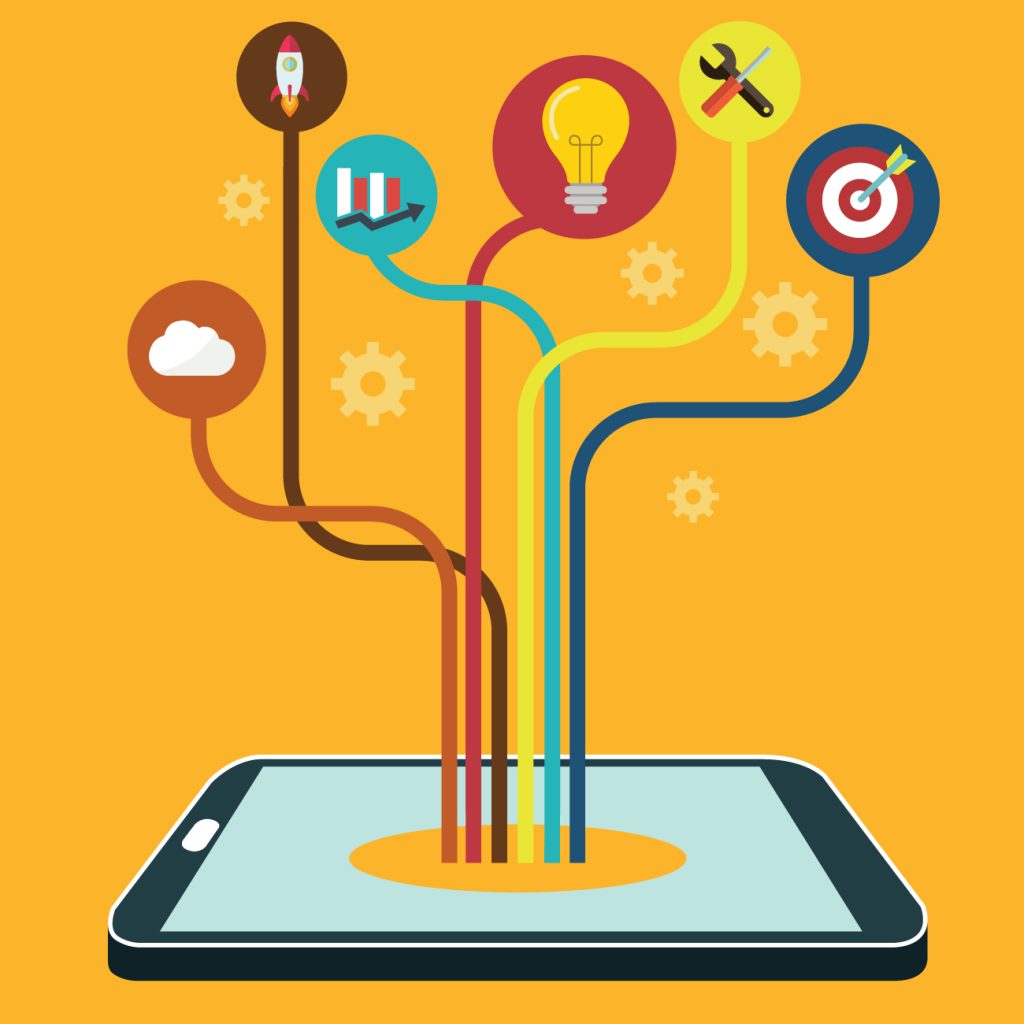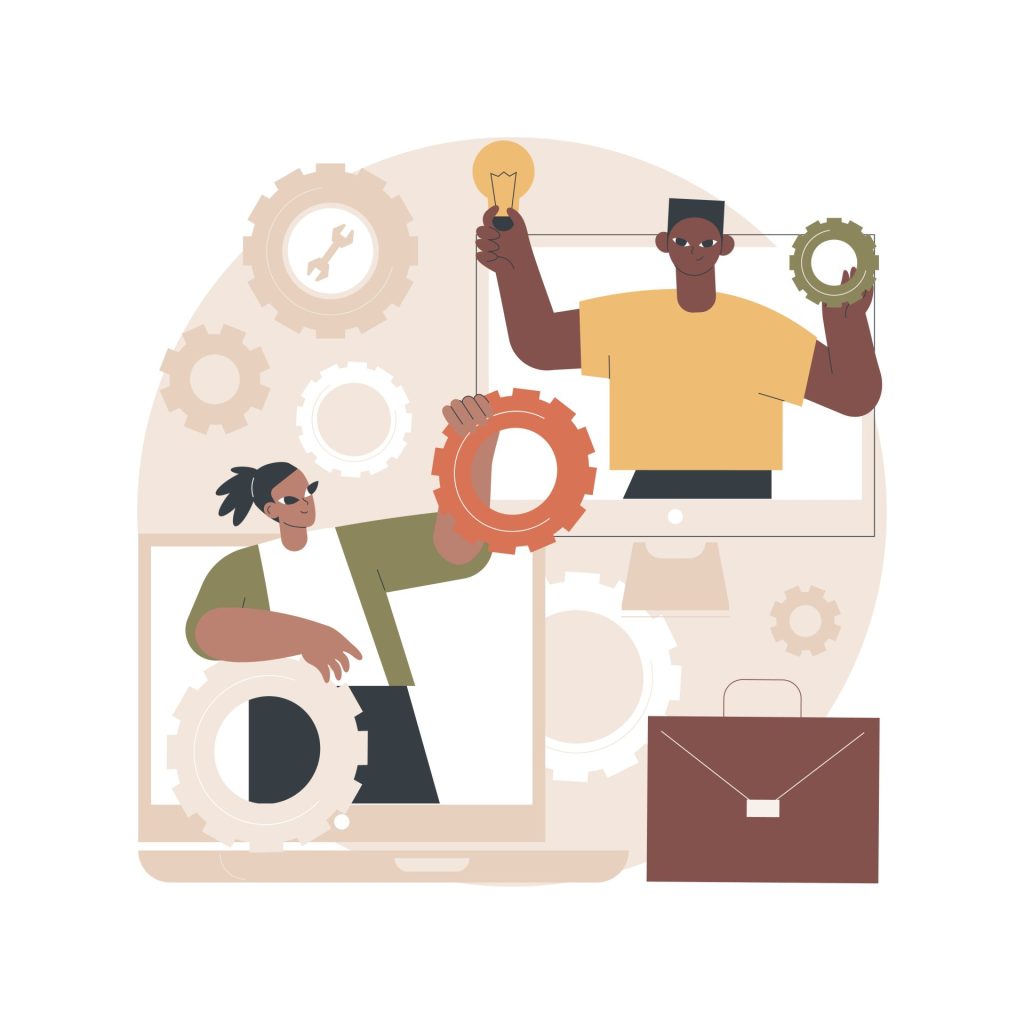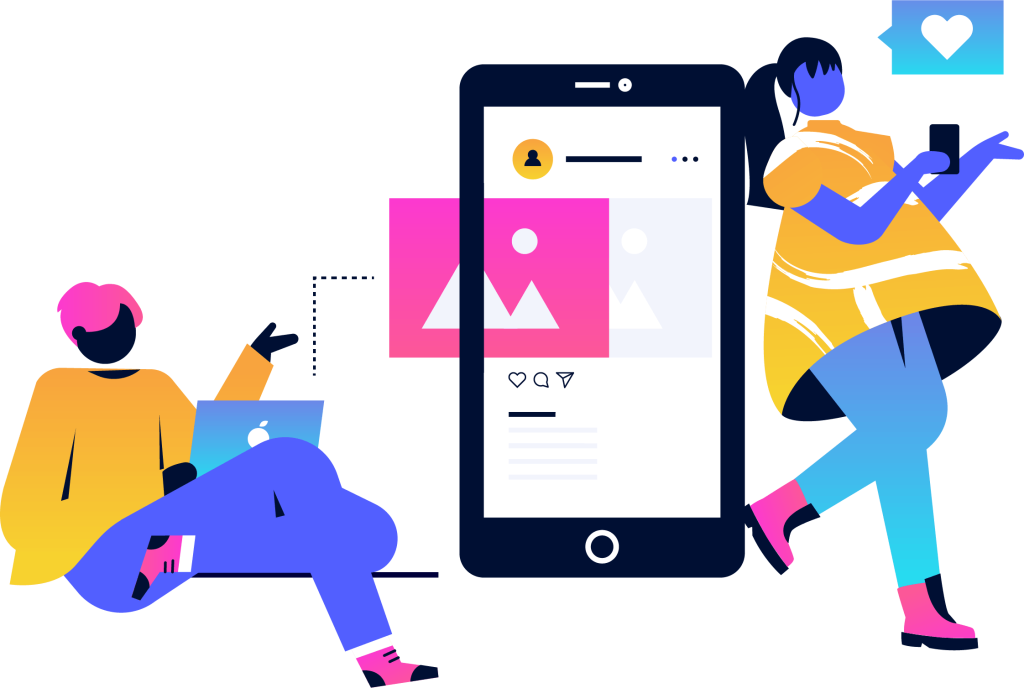What is Digital Citizenship?
Digital citizenship in Quebec encompasses more than just the ability to use technology. It represents a comprehensive understanding of how to engage in the digital world in a way that is respectful, legal, and ethical. The concept is deeply rooted in the 12 digital competencies brought forward by the Quebec Ministry of Education, reflecting the province’s unique cultural diversity, and how to interact amongst each other.

Digital Citizenship and Northern Reality
The digital divide – the disparity in access to technology and digital competencies – poses a significant challenge to northern communities. This gap, magnified by geographic remoteness and infrastructural limitations, makes the integration of technology in education particularly challenging, yet increasingly important. As such, equipping teachers with robust digital competencies is not just beneficial – it’s essential.

Quebec’s Unique Approach
Quebec’s approach to digital citizenship is tailored to the province’s specific needs. The 12 digital competencies provide a localized framework that aligns with international standards but is adapted to reflect Quebec’s diverse population, future prospects and cultural values.

The Importance of Ethical Engagement
Digital citizenship goes beyond technical skills. It’s about understanding human, cultural, and societal issues related to technology and adopting legal and ethical behavior. This includes everything from respecting intellectual property and privacy to avoiding cyberbullying and understanding the social implications of technology use.
Educational Implications
By fostering digital competencies, teachers can effectively integrate technology into their teaching, rendering education more engaging, accessible, and relevant. These skills facilitate the use of educational software, online resources, and digital tools to enrich teaching and learning experiences across languages, mathematics, science, and Inuit culture.
Teachers in Quebec are encouraged to integrate digital citizenship into their curriculum, recognizing the importance of not only technological skills but also ethical engagement with digital tools. This includes fostering a sense of responsibility, empathy, and understanding of the broader societal implications of digital technology use.

Digital citizenship in Quebec is a multifaceted concept that goes beyond mere technological proficiency. It represents a commitment to ethical, respectful, and culturally sensitive engagement with the digital world.

